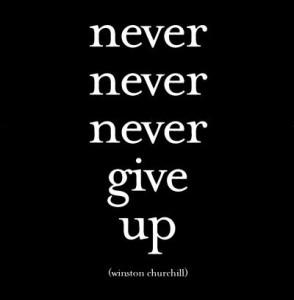We are wishing Nosson Tzvi ben Sarah Rivka Kashtia, a toddler in a coma, a speedy and complete recovery.
The goal of this blog is to meld some minds around your Friday night dinner conversation. Please print and share.

They use human shields to protect their weapons.
They invest millions of donated funds in sophisticated attack tunnels instead of schools, hospitals and roads.
They regard every Jewish community in the Land of Israel, without exception, as "occupied territory".
They aim to kill as many civilians as possible.
They celebrate death.
All these facts are well known.
But we still have the question: Are they evil?
Try asking this at your dinner table and you will likely be surprised at the range of opinions.
My father, who died 9 years ago yesterday, enjoyed ethics discussions.
He was eulogized by the local paper as "one of the good guys".
His epitaph reads, "Champion of Justice" but it could just as well have read, "Champion of Peace".
He fought tirelessly for justice, but he also had the wisdom to see that sometimes peace requires foregoing a bit of what you "deserve". In Jewish talk, this quality is called being mevateir.
He was able to see both sides of an argument. Doesn't mean he always agreed, but he could disagree without being disagreeable.
Someone asked me to write about what Jews and others around the world could do to help bring shalom to the Land of Israel. Here's my top four:
First and foremost, cultivate peace in your own relationships. Greet people with a smile, your family members, your neighbors (even the ones you don't like), strangers. Try to be mevateir.
Second, put your money where your mouth is:
Feed a Soldier
Adopt a Soldier
Thank a Soldier
Support Terrorized Civilians
Share this Video Liberally
Help Israeli Farmers
Visit Israel
Buy Cool Israeli Stuff (have you seen the Zaksenberg juicer?)
Third, if nothing else, be better informed And here. And here. Oh yeah, and here.
Fourth, ask this question at your Shabbat table:
True or False - "There are no evil people. Only very confused people."
Shabbat Shalom
PS - Have you told your kids'/grandkids' schools about the Amazing Nature for Teachers program?
They invest millions of donated funds in sophisticated attack tunnels instead of schools, hospitals and roads.
They regard every Jewish community in the Land of Israel, without exception, as "occupied territory".
They aim to kill as many civilians as possible.
They celebrate death.
All these facts are well known.
But we still have the question: Are they evil?
Try asking this at your dinner table and you will likely be surprised at the range of opinions.
My father, who died 9 years ago yesterday, enjoyed ethics discussions.
He was eulogized by the local paper as "one of the good guys".
His epitaph reads, "Champion of Justice" but it could just as well have read, "Champion of Peace".
He fought tirelessly for justice, but he also had the wisdom to see that sometimes peace requires foregoing a bit of what you "deserve". In Jewish talk, this quality is called being mevateir.
He was able to see both sides of an argument. Doesn't mean he always agreed, but he could disagree without being disagreeable.
Someone asked me to write about what Jews and others around the world could do to help bring shalom to the Land of Israel. Here's my top four:
First and foremost, cultivate peace in your own relationships. Greet people with a smile, your family members, your neighbors (even the ones you don't like), strangers. Try to be mevateir.
Second, put your money where your mouth is:
Feed a Soldier
Adopt a Soldier
Thank a Soldier
Support Terrorized Civilians
Share this Video Liberally
Help Israeli Farmers
Visit Israel
Buy Cool Israeli Stuff (have you seen the Zaksenberg juicer?)
Third, if nothing else, be better informed And here. And here. Oh yeah, and here.
Fourth, ask this question at your Shabbat table:
True or False - "There are no evil people. Only very confused people."
Shabbat Shalom
PS - Have you told your kids'/grandkids' schools about the Amazing Nature for Teachers program?


